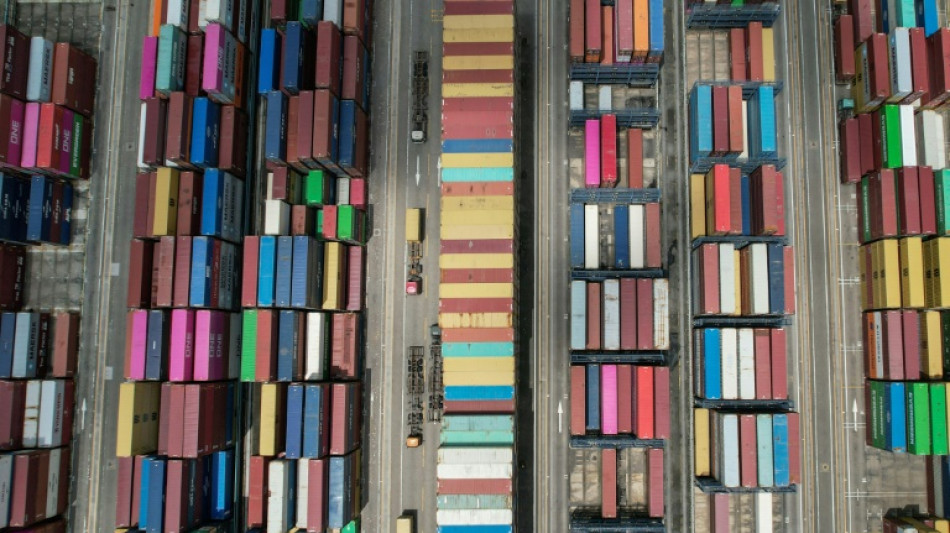
BCE
-0.2150


The EU accused China on Tuesday of discriminating against European medical device producers in public contracts and warned of "decisive action" unless the issue can be resolved through dialogue with Beijing.
Commercial tensions between the two economic powers have been rising since the EU unleashed a raft of probes in 2024, to which China has retaliated by launching investigations of its own into EU products.
The bloc's investigation began in April last year and was the first under the European Union's International Procurement Instrument which seeks to promote reciprocity in access to public procurement markets.
"We have found that China is discriminating against EU medical devices producers in bids for public contracts," the bloc's trade chief Maros Sefcovic said in a statement.
"While we continue to prioritise dialogue as a first step to finding solutions, we stand ready to take decisive action to defend the level playing field, and support fair competition," Sefcovic said.
The main findings of the report published on Tuesday found "clear evidence of China limiting the access of EU medical devices producers to its government contracts in an unfair and discriminatory way", the European Commission said.
The devices in question included X-ray machines, implants, hearing aids, crutches, bandages and dentures.
Under the EU's rules, Brussels can limit or even exclude Chinese companies' access to the 27-nation bloc's public procurement market if it finds that taking such actions are in its interest.
The commission said it would assess the possibility of taking such measures "in the absence of an acceptable solution".
When the probe was launched, China accused Europe of giving "protectionist signals" and risking "damage" to its image.
- EU competitivity focus -
The EU's probes have mainly focused on Beijing's clean tech subsidies, as Brussels tackles addressing what it deems to be an overreliance on cheaper Chinese technology.
Western governments, led by the United States, have grown increasingly concerned about China's dominance in key sectors, and how much of a security threat it poses.
Last year, Brussels slapped higher duties on electric cars produced in China after concluding producers benefitted from unfair state subsidies, raising fears of a trade war between the two sides.
Beijing in response announced provisional tariffs on brandy imported from the EU, and later imposed "temporary anti-dumping measures" on the liquor.
China last week said the EU had imposed unfair trade and investment barriers on Beijing but Brussels has insisted its actions are compliant with World Trade Organization rules.
With a more protectionist US administration looming under incoming president Donald Trump, the EU says it wants to bolster its competitivity to prevent its economy falling further behind the United States and China.
Y.Hara--JT